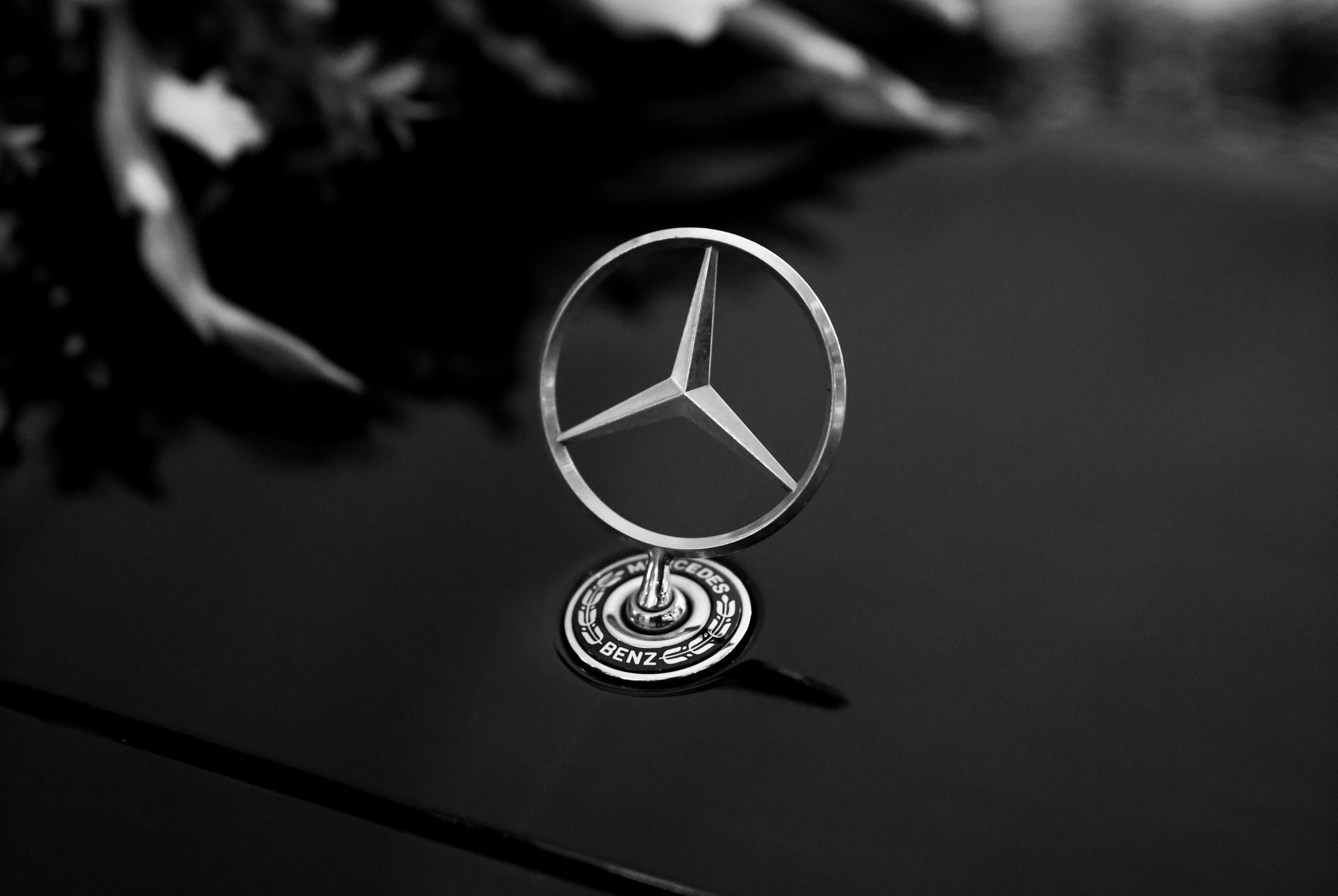Visa Stock Analysis: Is Visa a Strong Opportunity Ahead of Q4 Earnings?
$325.48
28 Jan 2026, 19:25

Pexels.com

Mercedes-Benz CEO Advocates Collaboration Over Protectionism
Ola Källenius, CEO of Mercedes-Benz and president of the European Automobile Manufacturers Association (Acea), has urged the EU to adopt a more collaborative approach toward Chinese carmakers. Speaking to the Financial Times, Källenius proposed that the EU encourage Chinese manufacturers to establish factories in Europe as part of a trade compromise, rather than imposing punitive tariffs on imported electric vehicles (EVs).
His remarks come in response to Brussels’ decision to impose tariffs of up to 45% on Chinese EV imports, citing unfair subsidies. This move prompted Beijing to retaliate with tariffs on European products such as brandy and investigations into pork and dairy imports.
The Call for Reciprocal Agreements
Källenius suggested a solution inspired by Europe’s own experience in China during the 1980s. At the time, European carmakers were required to establish joint ventures with Chinese partners to access the local market. He believes a similar reciprocal arrangement could create a level playing field:
“Industrialise here if you want to capture the market. Open up markets and create as much as possible a level playing field, then let the best market actor win,” he said.
Chinese companies are already responding, with BYD planning to build EVs in Hungary and CATL investing €4.1bn in a lithium battery factory in Spain alongside Stellantis.
Balancing Protectionism and Market Growth
Källenius warned against accelerating protectionist measures, emphasising that Europe risks retaliation from China and the loss of its competitive edge in global markets. German carmakers, including Volkswagen, BMW, and Mercedes-Benz, are particularly vulnerable, as China accounts for 30% of Mercedes’ global sales.
Moreover, Chinese EV brands like BYD are dominating the market with affordable and technologically advanced models, posing a significant challenge to traditional European manufacturers.
Speculating on Economic and Investor Implications
Conclusion
Källenius’ call for a compromise underscores the complexities of global trade in the EV sector. While protectionist measures aim to shield European manufacturers, a collaborative strategy with Chinese firms may foster innovation, improve market access, and ultimately benefit both economies. For investors, the shifting dynamics offer opportunities in green tech and automotive sectors, though the risks of escalating trade tensions remain.
Source: (FT.com)